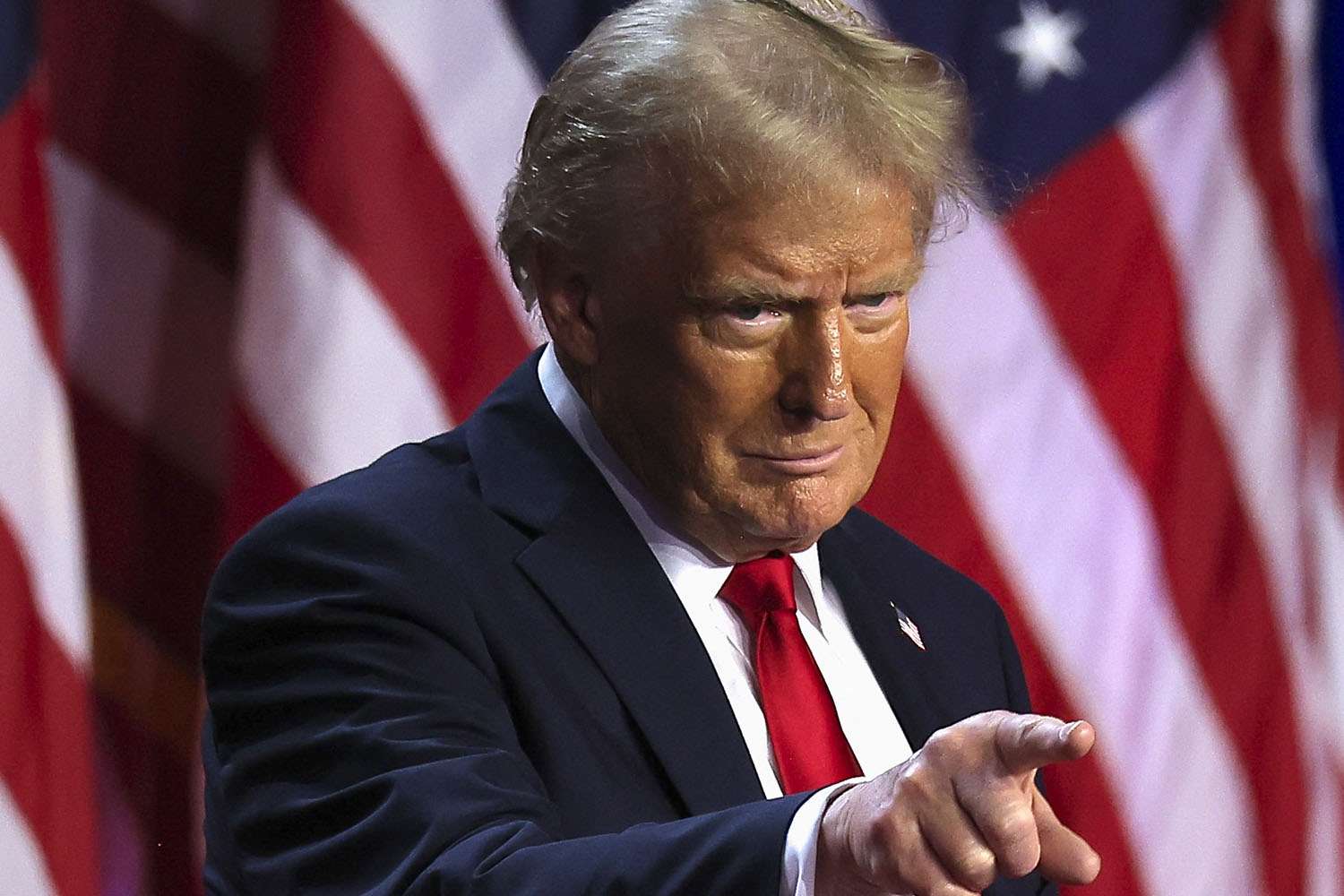The return of Donald Trump as the 47th President of the United States marks a new chapter in American and global history, bringing with it far-reaching implications for trade, immigration, and international relations. Since his re-election two months ago, Trump has been vocal about his intentions to reshape U.S. policies, continuing his “America First” agenda. This approach focuses on protectionist trade policies, restrictive immigration laws, and a transactional approach to global diplomacy.
Trump’s policy announcements include raising tariffs on imports from Mexico, Canada, and China, signaling a continuation of the U.S.-China trade war. These measures aim to prioritize American industries but could further disrupt global supply chains and slow economic growth worldwide. Trump’s plans to defund the United Nations and implement environmental policy rollbacks also reflect his broader strategy of prioritizing national interests over international commitments.
Immigration reforms remain a cornerstone of Trump’s agenda. His administration plans to revive travel bans on certain African countries, expand deportation operations, and introduce stricter visa requirements. While supporters view these measures as essential for national security, critics warn of their economic and humanitarian consequences. Analysts predict a decline in remittances to countries like Nigeria and increased unemployment due to the deportation of undocumented migrants.
In Nigeria, where diaspora remittances are a significant source of foreign exchange, these policies could have profound effects. Remittances surged to $4.22 billion in 2024, a vital contribution to the economy. However, the expected deportations and immigration restrictions threaten to reduce these inflows, exacerbating unemployment and economic instability. The expiration of the African Growth and Opportunity Act (AGOA) in September could further strain Nigeria’s economy, potentially limiting access to the U.S. market for goods like cocoa, cashews, and leather.
On the energy front, Trump’s focus on fossil fuel production could destabilize oil prices, impacting oil-dependent economies like Nigeria. Experts suggest that Nigeria must prioritize internal reforms, human capital development, and diversification of trade relationships to mitigate these challenges. Strengthening intra-African trade through initiatives like the African Continental Free Trade Area (AfCFTA) could reduce reliance on U.S. markets and foster regional economic growth.
Globally, Trump’s stance on conflicts such as the Russia-Ukraine war and the Middle East could reshape geopolitical dynamics. His unpredictable, transactional approach to diplomacy raises concerns about stability but also presents opportunities for nations to leverage his policies to their advantage. For African countries, engaging with Trump’s administration strategically could yield benefits in trade and energy partnerships, despite the inherent risks.
As Trump begins his second term, the world braces for a period of uncertainty and transformation. While his policies aim to prioritize U.S. interests, their ripple effects will undoubtedly influence global economies and political landscapes, compelling nations to adapt and innovate in response to the challenges ahead.




